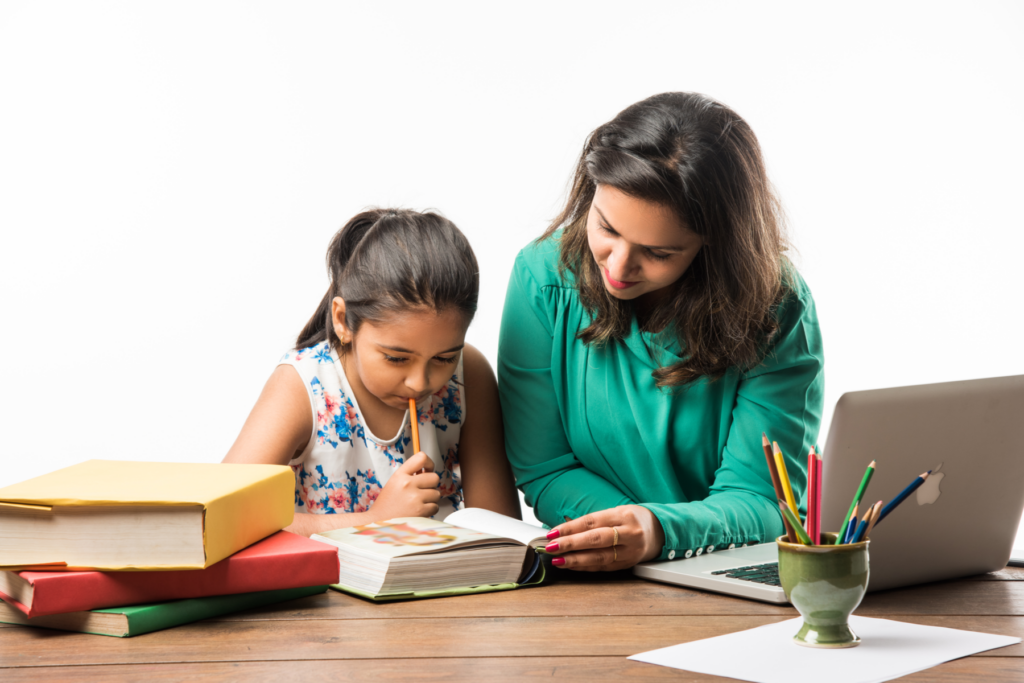"Let's Be Friends: A Guide to Making Friends with Kids with Disabilities"
Moms and parents, have you ever wondered how to help your child with a disability make friends? It can be challenging for children with disabilities to form connections with their peers and build lasting relationships. However creating social networks is an integral part of growing up, no matter what challenges someone may face. Luckily, there are plenty of ways that kids and adults alike can encourage the formation of friendships so that everyone can feel comfortable in their relationships. In our guide “Let’s Be Friends: A Guide to Making Friends With Kids With Disabilities,” we will discuss some helpful tips and strategies for developing meaningful connections with others while also navigating possible obstacles that may come up when trying to make friends. We’ll talk about building healthy boundaries, utilizing digital resources, and openly discussing disabilities without negative connotations or comparisons – all critical steps for fostering a secure social network for your child!

Understand the unique needs of children with disabilities.
Disability awareness is crucial to understanding the unique needs of children with disabilities. Despite many commonalities, children with disabilities have varied levels of communication, physical development, and social behavior. Therefore, it is essential to provide an environment that meets each child’s individual needs and helps them grow personally and socially. It is necessary to create an understanding not only of the disability but also its implications for their development as a person who wishes to make friends and build social networks. With kindness, patience, and respect, barriers can be broken down to encourage productive relationships.

Just be yourself - kids with disabilities are more open to friendship than you think.

When making friends, the best advice is always to be yourself, especially for kids with disabilities. Despite what many people may think, these children can be incredibly open to giving—and receiving—friendship. Studies have shown that kids with physical, cognitive, and sensory impairments can foster strong and meaningful social networks when given a chance. These networks are critical for promoting acceptance and belonging amongst all school community members, regardless of ability. Therefore parents, teachers, and peers alike should become aware of the value of providing opportunities for kids with disabilities and special needs to build trusting relationships through friendship.
Show empathy and understanding – ask questions to learn more about the child.
Empathy and understanding are essential when helping children with disabilities build strong social networks. Asking questions, especially of the child, can foster a trusting relationship between both parties and provide further insight into the individual’s needs and wants. It also allows for an open dialog, where essential topics such as boundaries, communication preferences, and other interests can be discussed in a safe and supportive environment. When someone takes time to understand not only the disability but also to learn about who the individual is, it has a tremendous impact on their overall well-being by improving self-esteem and helping them connect with their peer group.

Connect by participating in activities together or supporting their interests.

One of the most important things for children with disabilities to build and maintain healthy social networks is connecting with others through activities they enjoy or supporting each other’s interests. Participation in organized activities, such as a sports league or art classes, allows children with disabilities to develop relationships with peers based on shared experiences rather than differences. These relationships can grow stronger with each positive interaction and even blossom into friendships. Additionally, learning about or engaging in friends’ interests makes it easier to start conversations and talk about the things they have as passions. This kind of support not only helps strengthen any existing relationships but can also help bring in new ones too.
Don't hesitate to ask for help from parents, teachers, or other professionals.
Building a social network can be difficult, especially if you have a disability, but it’s not impossible. Don’t be afraid to seek support from those who care about you – like your friends, family, and even professionals such as teachers or nurses. There are many ways they can help you make connections with others and learn how to communicate with them more effectively. They may provide advice and guidance on activities that enable socializing, such as team sports, clubs, and group activities. It is sometimes easier for an adult to mentor or facilitate friendships than for a child without a disability. Don’t hesitate to reach out when needed – ultimately, building relationships will create stronger bonds within your community.

All in all, creating meaningful relationships for children with disabilities requires understanding and thought. It can sometimes involve slow trial and error, but the rewards are undeniable. Start small, be patient, allow your child to express their feelings, listen to what’s working, keep a positive attitude, and don’t underestimate the power of an ice cream date! With these tips in mind and plenty of practice, you’ll soon find that assisting your child in making friends is manageable. To get even more specific steps to help your child make social connections and build friendships, visit AskNurseDrea.com for more pediatric health info! Every child deserves the chance to thrive socially alongside their peers—so let’s work together to open a world of community-building opportunities for them today!



